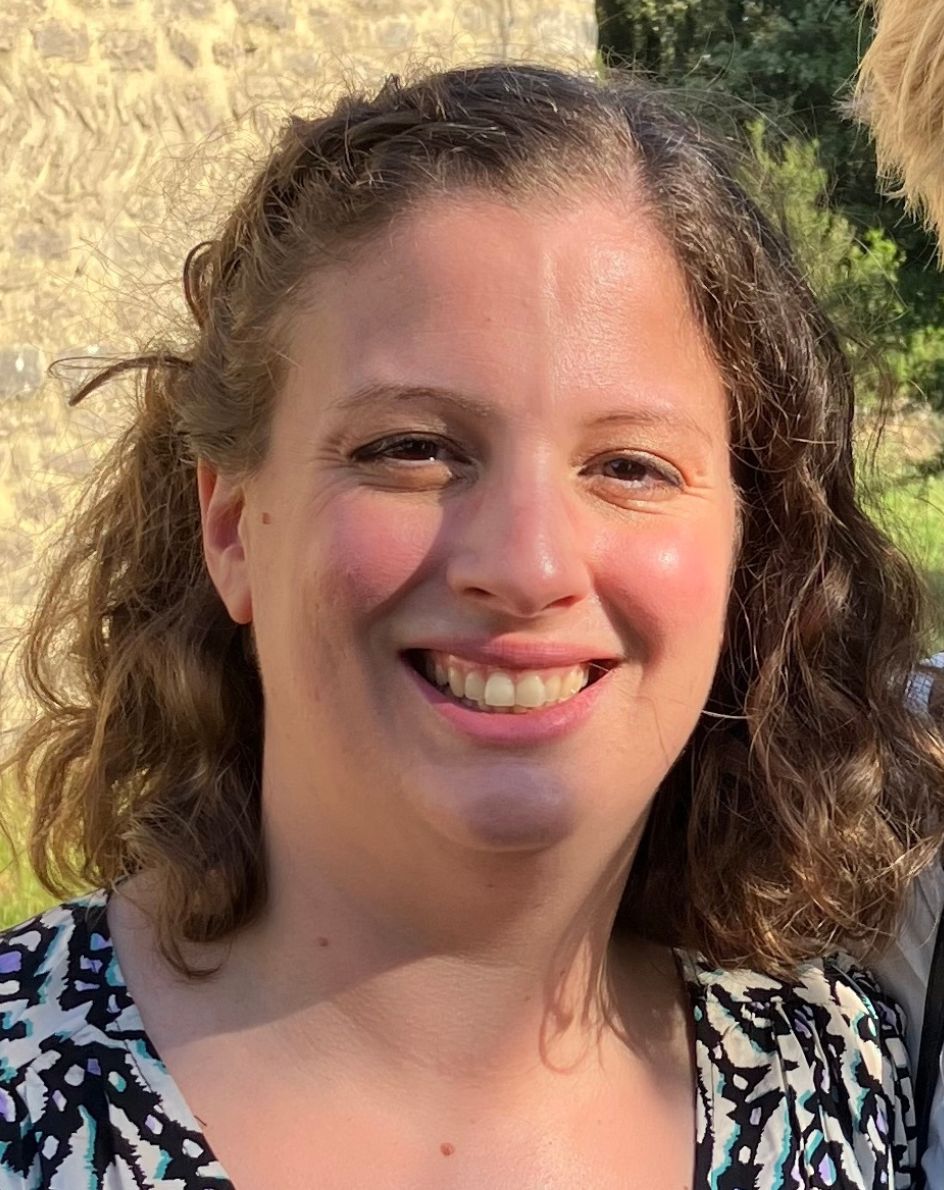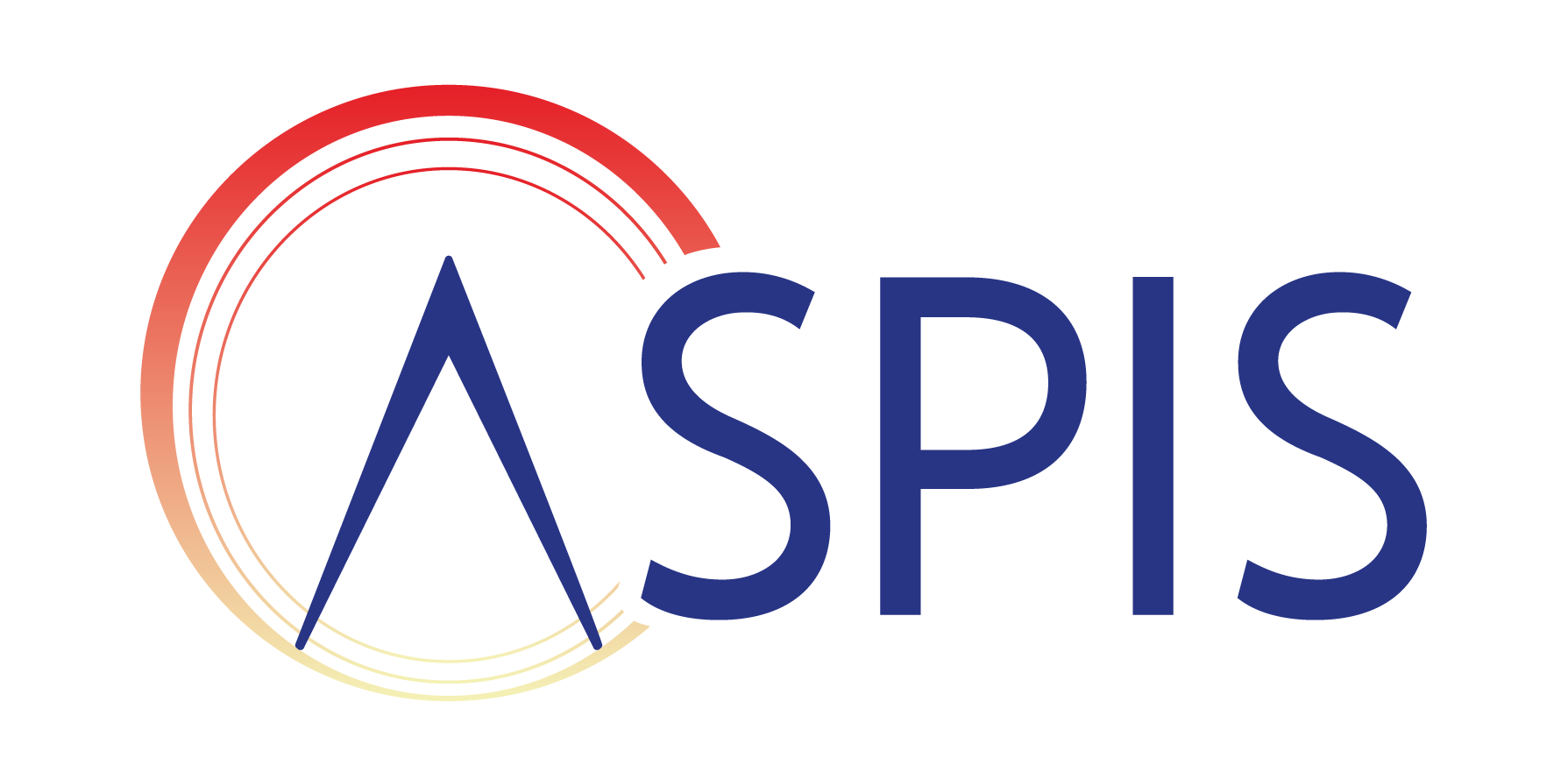Luisa Orsini, founder and CEO of Daphne Water Solutions, shares her journey from academic research to entrepreneurship in environmental health and water reclamation. This ASPIS Academy interview, led by Marie Corradi from ONTOX, explores the pivotal moments that led Luisa to commercialise her research, the challenges of launching a start-up, and the skills necessary for success. Dive into the interview to uncover practical insights on transforming scientific discoveries into viable business ventures while overcoming the complexities of entrepreneurship.
Luisa Orsini
Luisa Orsini is the founder and serves as the CEO of Daphne Water Solutions and holds the position of Professor of Evolutionary Systems Biology and Environmental Omics at the University of Birmingham, UK.
Luisa’s mission is to improve environmental health by pushing the boundaries of research and innovation. Translating scientific breakthroughs into practical applications, Luisa patented and commercialised a water reclamation and waste valorisation technology that meets the net-zero carbon emission goals and delivers clean water to all.
“Surrounding yourself with experienced advisors is extremely valuable; seek those who are not just knowledgeable but also constructive and honest. Let yourself be guided and inspired by people who have ‘walked the walk’, not just ‘talked the talk’.”
What inspired you to transition from academic research to launching your own start-up?
I have never entirely left academic research—my academic work continues to inspire my innovation. The drive to translate my research into impactful solutions stems from a deep desire to actively contribute to improving environmental health. Only in the last decade I realised that I wanted to create tangible change beyond the laboratory.
When did you realise your research could be turned into a viable product or business, and how did you validate the market demand for your product?
My “A-ha” moment came when I realised I should flip the concept of using Daphnia as a sentinel for detecting water pollution into using Daphnia as a “vacuum cleaner” for pollutants. If Daphnia could sense chemicals in the environment, it would also have to absorb and retain them. This realisation opened the door to a groundbreaking concept. At the time, I had no idea it would evolve into a fully developed technology within a few years.
The first step was proving the viability of the idea scientifically. Once that was established, I sought an engineer to help design the initial prototype. Validating market demand was an iterative process that came later. At every critical stage of development, we conducted market research to identify potential applications and ensure that our technology offered a unique value proposition. The key was being flexible, accepting feedback, and being willing to pivot when necessary, all while staying true to the vision.
What skills do you think are needed to start your own business?
A foundational understanding of the business world and intellectual property (IP) is essential. I highly recommend participating in accelerator programs designed for start-ups, as they provide invaluable knowledge and resources. They also offer small pots of money to get you started. Equally important is the ability to accept criticism and adapt—pivoting when necessary, without losing sight of your ultimate goal. Resilience is another critical skill; many people may doubt your idea, but perseverance will carry you through.
Surrounding yourself with experienced advisors is extremely valuable; seek those who are not just knowledgeable but also constructive and honest. Let yourself be guided and inspired by people who have ‘walked the walk’, not just ‘talked the talk’. Finally, balancing passion with grounded, data-driven decision-making is vital. Passion will fuel your mission, but sound business practices ensure success.
How did you approach the process of finding co-founders or a team? What qualities were you looking for in your first hires?
I began by leveraging my university network, specifically seeking individuals with complementary expertise. I found engineers interested in the concept and skilled in their fields. After pitching the idea, both a professor and his postdoc joined the effort to help prove the feasibility of my idea. My first minority shareholder is a lawyer I initially approached for advice; by the end of our discussion, he expressed interest in joining the team.
In all cases, I sought individuals who were not only skilled but also shared a commitment to the vision and were willing to invest their energy, time, and sometimes money into the mission. I will apply the same criteria to hire more people in the management team as the business grows. When hiring employees, my focus shifted to finding people with skills that could effectively help run the business. It was an added bonus if they believed in the mission and values.
What were some of the biggest challenges/unexpected obstacles you faced when you first started your company, and how did you overcome them?
One of the most significant challenges was dealing with the university’s Innovation Office, which lacked the vision or expertise to support the start-up effectively. Their lack of foresight could have been discouraging, but I chose to focus on market research and let objective data guide my decisions. I adopted a mindset of perseverance, determined to try and fail rather than give up without effort. My decisions were always grounded in evidence and made in collaboration with my team. Having a supportive and experienced team was crucial to overcoming this and other obstacles rationally and strategically.
The second biggest challenge is penetrating the market with your ‘risky shiny new idea’. Many are sceptical and want more evidence, which they are not willing to pay for. That is where my academic skills helped me get funds to collect more evidence. What you learn today as a scientist can help you later in life.
Funding is often seen as one of the most daunting aspects of launching a start-up. Can you share how you navigated early-stage funding and any advice for those seeking investment?
Securing funding is undoubtedly challenging, but I leveraged my academic expertise to access grants and other non-dilutive funding opportunities. This approach allowed me to build a strong foundation for the business while minimising risk. For those seeking investment, I advise starting with grant funding if possible—it provides essential runway and proof of concept without sacrificing equity.
As you progress, focus on building a strong business case with clear data to attract investors. Patience and persistence are key, as the right funding opportunity often takes time. Local councils, national innovation councils and EU council all offer pots of money to get you started. In addition, accelerator programs tend to come with small budgets to help you strengthen your business position. If you go to investors too soon, you dilute your equity.
Have you found that the entrepreneurial lifestyle allows for more flexibility, or does it tend to blur the lines between work and personal life? Was there a significant difference when you moved from academia to this sector?
Both academia and entrepreneurship come with blurred boundaries between work and personal life, especially when you are deeply passionate about what you do and have limited human resources. In both cases, you have more control over where to draw the line than if you work in the corporate world in a 9 to 5 job. While the workload can be intense, the flexibility lies in your ability to prioritise and delegate. It’s up to you to establish boundaries and create a balance that works for you.
Looking back, were the financial and personal sacrifices worth it? What would you advise someone considering entrepreneurship to be prepared for financially and personally?
Every journey is unique, but the sacrifices have been worth it for me. Financial risk can often be mitigated through grant funding, and the sense of accomplishment and purpose far outweighs the challenges. Anyone considering entrepreneurship should be prepared for moments of uncertainty and be disciplined about managing finances. The journey can be demanding but also deeply rewarding. Resilience, adaptability, and a willingness to learn are essential for navigating this path. You can appreciate that the same advice applies if you take the academic path. Both jobs are non-standard corporate jobs. They are creative, they require sacrifice and are demanding. The reward is worth it, though.
What role does failure play in your entrepreneurial journey, and how do you bounce back from setbacks?
Failure is an inevitable part of the process and should be seen as an opportunity to learn. When something doesn’t work, it’s not a reflection of your worth—it’s a signal to rethink your strategy or approach. The key is objectively analysing the failure, extracting valuable lessons, and moving forward with greater insight. Recognising when it’s time to pivot or let go of an idea is also crucial, as it frees you to focus on new opportunities with the benefit of experience.
Do you see yourself switching entirely to the company world, leaving academia behind you?
Not at this stage in my life. Academia provides the freedom to explore and test innovative, high-risk ideas that may not yet be ready for commercialisation. However, I don’t rule out transitioning fully to entrepreneurship later in life, depending on where my journey takes me. Everyone’s journey is different, and you will know what is right for you and when. I lived in six countries in my younger years, and am not afraid to start over if I have to.
Looking back, what would you have done differently during the early stages of your start-up, and what advice would you give to someone considering this path?
In hindsight, I don’t have significant regrets. The decisions I made were right for the circumstances at the time. Much of entrepreneurship is about timing, building the right relationships, determination and being in the right place at the right time.
For those considering this path, my advice is:
- Be prepared to face criticism and learn from it.
- Stay focused on your vision while remaining adaptable to change.
- Surround yourself with genuine, experienced people who share your values.
- Embrace both success and failure as valuable learning experiences.
- Dare to think outside the box—innovative ideas often face scepticism, but that doesn’t mean they lack merit.
Ultimately, entrepreneurship requires a blend of passion, persistence, and creativity, and it’s a journey worth taking for those who truly believe in their vision. Whatever you decide to become, don’t be afraid of challenges and do something that makes you proud. Live with no regrets!

About the interviewer: Marie Corradi
Marie Corradi is a PhD candidate at Utrecht University of Applied Sciences. She uses Natural Language Processing to extract toxicology-related information from scientific text. Being involved in ASPIS Academy allows Marie to interact with other early-career researchers and connect with more senior colleagues engaged in the ASPIS projects.

